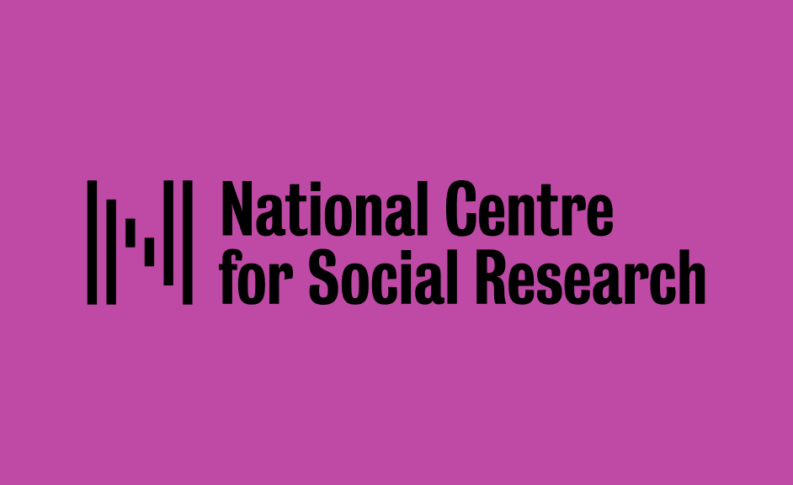The National Centre for Social Research (NatCen) has been commissioned to assess the situation regarding the prohibition of using credit cards for gambling.
The UK is the first country to completely ban the use of credit cards for both online and offline gambling.
There is evidence that the use of credit cards is associated with greater harm among gamblers. Credit cards provide a convenient way to borrow money for gambling, which can lead to significant gambling-related debt. This can result in direct and indirect financial harms related to gambling.
The UK was the first country to fully ban the use of credit cards for online and offline gambling in April 2020. The ban prohibits licensed gambling operators from accepting credit card payments, including payments through money service businesses. The credit card ban aims to add friction to the process of gambling with borrowed money, adding a layer of protection for vulnerable groups to reduce gambling-related harms. It is noteworthy that the ban was implemented at the start of the COVID-19 pandemic.
Purpose and Objectives
The purpose of this assessment is to evaluate the impact and effectiveness of the credit card ban. The specific objectives of the assessment are:
To determine the extent to which the ban has been implemented as expected;
To examine the extent to which credit card users have changed their gambling behaviors due to the ban;
To understand the impact of the ban on financial harms related to gambling experienced by those who gamble with borrowed money;
To understand the impact of the ban on others affected and on gamblers who have not yet been harmed; and
To examine how the COVID-19 pandemic has interacted with the implementation and outcomes of the ban.
The report draws on an evaluation framework developed according to the Theory of Change (ToC), which specifies the outcomes and assumptions surrounding the ban.
Main Findings
The credit card ban has been successfully implemented, however, communication about the ban did not reach all gamblers.
Overall, gamblers perceive the ban as a positive change; as do friends and family affected by gambling; and gambling treatment/support providers.
People experiencing moderate to severe gambling issues are most likely to be aware of the ban's implementation.
The increased friction caused by the credit card ban does not always lead to changes in gambling patterns.
People who reported no gambling problems, and those with lower levels of gambling issues, are more likely to report a reduction in the use of credit cards for gambling and using borrowed money for gambling after the ban than those experiencing moderate to severe gambling issues.
Most gamblers report that their borrowing behaviors have not changed after the ban, and nearly all continue to avoid illegal forms of borrowing.
The likelihood of understanding tools to minimize the risks associated with gambling products has not changed
The impact of the COVID-19 pandemic has added to the challenges of implementation, making it difficult to distinguish the effects of the ban from the effects of the pandemic.
The report draws on an evaluation framework developed according to the Theory of Change (ToC), which specifies the outcomes and assumptions surrounding the ban.










